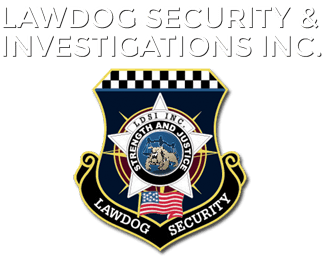 We want to think of people as inherently good and trustworthy but the reality is that some steal and/or commit crimes. Businesses and organizations lose revenue due to employee fraud. Detection and prevention become important to many businesses and organizations in order to combat this almost inevitable problem.
We want to think of people as inherently good and trustworthy but the reality is that some steal and/or commit crimes. Businesses and organizations lose revenue due to employee fraud. Detection and prevention become important to many businesses and organizations in order to combat this almost inevitable problem.
Types of fraud can involve the misappropriation of assets, corruption (bribery, extortion) and messing with financial statements. For instance, a secretary skims $10 here and there from the cash envelopes she’s counting at her desk, keeping money for herself that she’s not entitled to… or someone’s “cooking the books,” changing the figures to make them “look good” but nowhere near reflecting the financial reality. Ask around– you’re bound to hear horror stories about fictitious expense reimbursement claims or employees using company money to buy expensive cars or take fancy vacations.
How can you minimize fraud where you work?
First, the more you literally know your employees, the better off you’ll be. Keep a watchful eye on what employees do during the day. Follow them if you’re suspicious. Analyze their written reports to check for accuracy. Take the time to observe and listen to what people are saying in the business or organization. Oftentimes, if a particular employee has a major attitude change, for the worse, they could very well be up to no good since they’re “mad” at their boss or company. Those are the ones to especially watch and “get to know.”
Next, consider rewarding employees for speaking up about others around them who they see doing wrong. You can set up a reporting system in such a way that “tips” on fraud come from employees, as well as vendors, customers, and even competitors. People will often “turn someone in” if there’s something in it for them, especially a financial reward. Perhaps use a website, so tips can be done online without everyone in the business knowing “who told.”
Also, to prevent fraud there should be internal controls to protect assets. An example of this is when there’s a cash register full of money and the cashier counts the money, followed by the supervisor to make sure the numbers match up. Or, if checks have to be signed, have two or three people signing checks so the power is not all in one person’s hands. Meanwhile, document everything… it’s so important to have a paper trail in a business/organization, since the paper trail tells the story in case anyone is being investigated.
Finally, consider hiring a third-party investigation service to check into any potential fraud going on in your business or organization. LawDog Security & Investigations can do this for you– contact us at 773-233-5742 for details.

Leave a Reply